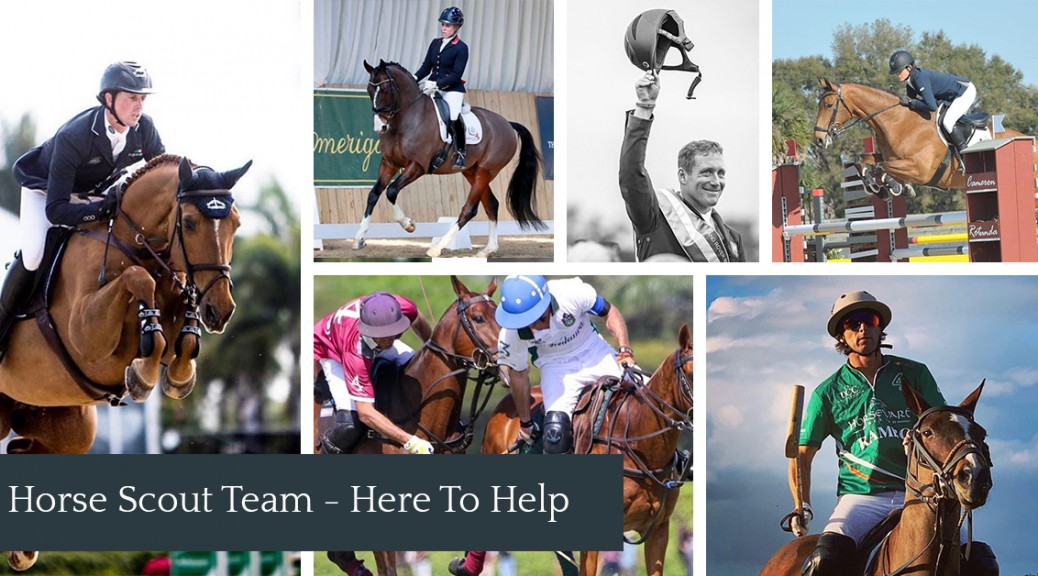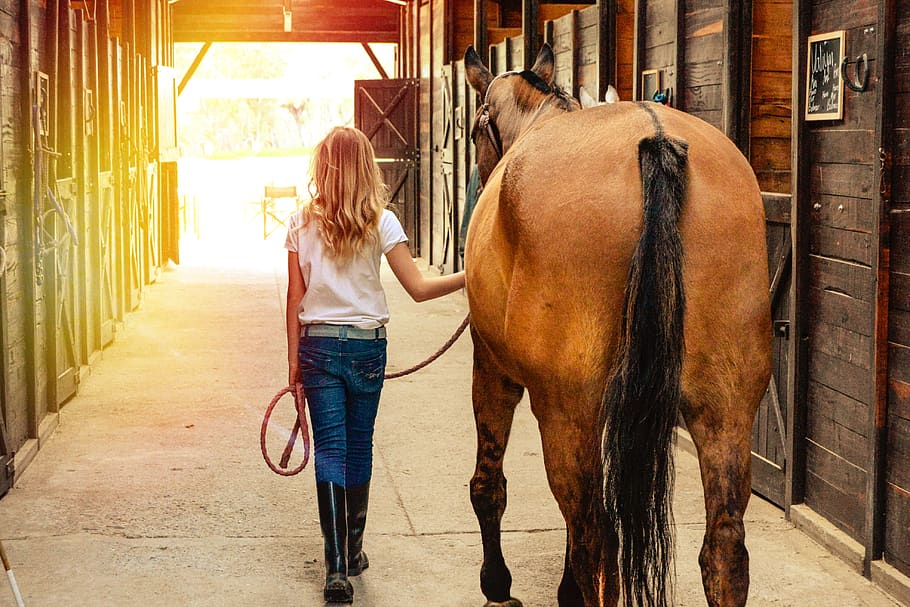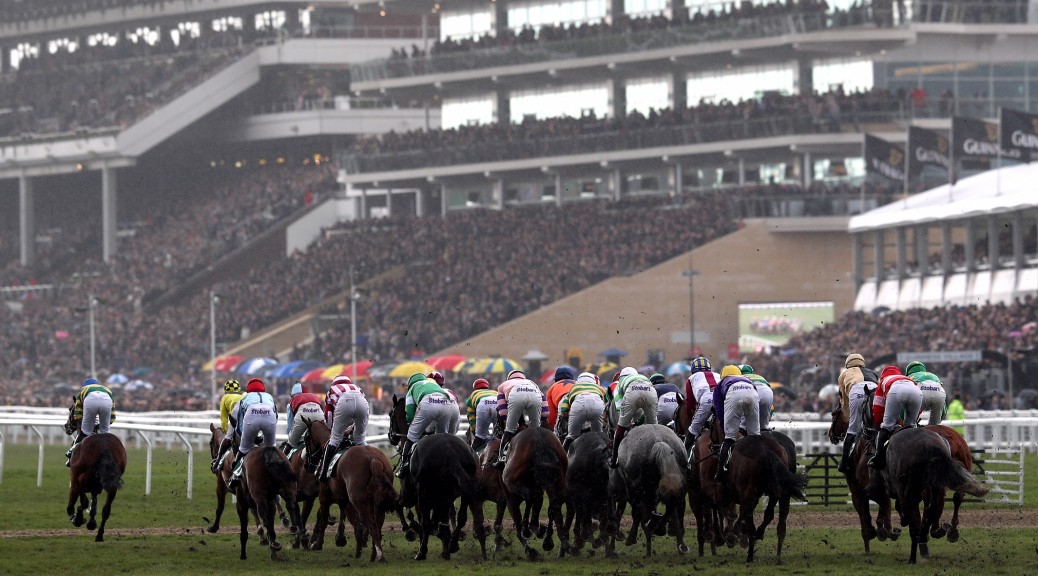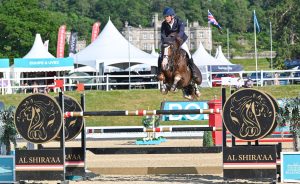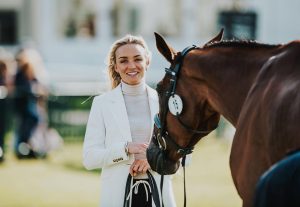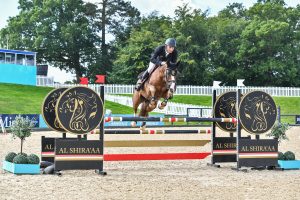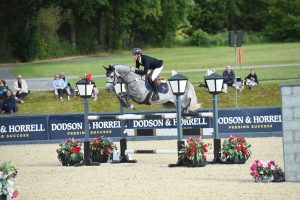Here at Horse Scout, we aim to keep you informed with all of the latest updates regarding the Coronavirus and its affect on equestrian sport.
We hope that by doing so, our readers can feel reassured that they are meeting the requirements and guidelines set out by the Government.
Following the statement from the Government on the 10th May, allowing persons to meet with one person outside of their household, as well as relaxing the travel to exercise restrictions, the British Equestrian Federation issued a statement on the 12th May reviewing their stance on riding. The advice still remains to not take any unnecessary risks in order to continue to ease the burden on the NHS.
The BEF have stated that instructors are able to teach on a one-to-one basis as long as social distancing and can be maintained and riders are allowed to transport their horses to a venue for training purposes.
‘Riders are now permitted to transport horses to a venue for an individual lesson or facility hire outdoors. They may meet with one other from outside their household, which may be a coach or other participant, all with the proviso that the appropriate social distancing and hygiene practices are in place. Those involved in travelling to or from a venue must all be from the same household. Venues should conduct full risk assessments and ensure that the required public health, hygiene and social distancing measures are implemented effectively.’
The British Equestrian Federation.
Following guidance from The Department for Digital, Culture, Media and Sport (DCMS) the British Equestrian Federation released the following statement on the 15th May.
BEF COVID-19 update 15/05/20
The Department for Digital, Culture, Media and Sport (DCMS) issued further guidance on 13th May regarding outdoor facilities, as a follow-on from the government’s revised policy on exercise. This advice permits venues that provide outdoor sports and physical activities to reopen. At present, this applies to facilities in England, but we’re expecting an update from Wales shortly.
For the equestrian industry, this includes riding centres, training facilities and venues, cross-country courses, farm rides and the like. Those involved with the facilities should feel adequately prepared to reopen and be confident that they can do so safely for their participants and staff.
Requirements for opening include:
- Any activity should fully align with government guidance regarding public health, social distancing and hygiene.
- All attendees can maintain the social distancing standard of two metres
Good hygiene practice is implemented throughout opening, including hand washing facilities and/or hand sanitiser stations, and regular cleaning. - Anyone involved who is symptomatic or suspects they have been exposed to the virus does not take part and remains at home.
- Participants should be individuals, members of the same household, or two from different households with social distancing at all times. Any coaching activity must be on a one-to-one basis.
- Organisations/venues should publish an action plan detailing their plans to re-open safely and how they’re managing risk.
- Organisations/venues should be flexible and able to quickly adapt to any changes in government guidelines.
- Car/lorry parking should be conducted to allow adequate social distancing.
- Booking and payment should be done online or over the phone to reduce contact.
- Indoor areas should remain closed except for access to outdoor facilities and/or toilets.
- Food and drink outlets should only operate on a take-away basis.
Participants should make use of facilities individually, with members of their own household or with one person from an additional household, provided that social distancing is maintained. This could be a coach, trainer or additional participant.
Horses can be transported to venues freely, but anyone involved in helping with the travelling must be from the same household only. This also applies when travelling by car. Where participants are under-18, a parent or guardian may be present for one to one training sessions for safeguarding purposes, but must adhere to social distancing and hygiene requirements. Read more on the government’s guidance for the public on returning to outdoor sport and recreation.
British Equestrian advises any operators looking to open their premises to read the full guidance available:
GOV.UK – guidance for providers of outdoor facilities.
Sport & Recreation Alliance facilities guidance.
Sport England facilities guidance.
It is important to stress that this is an ever changing situation and is constantly under review in line with the most recent Government guidelines.
Here at Horse Scout, we will continue to bring you any relevant updates as they happen so that you can be assured that you are adhering to the most up-to-date advice.
The Horse Scout team hope that these guidelines can be met by all, not only the equestrian community so that we can continue to safely return to some form of normality in the near future.
It is vital at this stage of the pandemic that we all do our bit to stay alert, protect the NHS and save lives.

